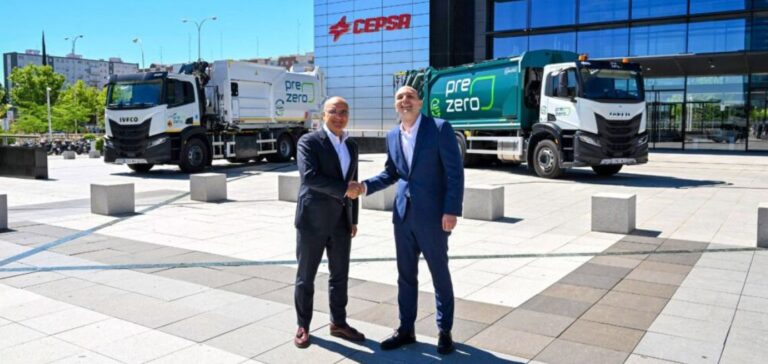Cepsa and PreZero Spain have signed a strategic partnership to develop biomethane plants from organic waste. The first plant, located at Cepsa ‘s facilities in Huelva, will have an annual production capacity of up to 100 GWh. This biomethane will be used to produce renewable energy for Andalusia’s Green Hydrogen Valley and Cepsa’s new second-generation biofuels plant. The company is multiplying its partnerships, with both private and public players, as demonstrated by its collaboration with the European Investment Bank on a biofuels project in Andalusia.
Production and Collaboration Objectives
The agreement provides for the recovery of waste to produce second-generation biofuels and circular chemicals. In addition, PreZero will supply biomethane to Cepsa, enabling the company to reduce CO2 emissions in its industrial processes. Cepsa and PreZero will also analyze solutions for decarbonizing PreZero’s fleet of vehicles.
Impact on the Market and Trading
The annual output of the Huelva plant, covering the heating needs of 20,000 homes, will be one of the largest installations of its kind in Spain. The plant will be integrated into Cepsa’s energy park in Palos de la Frontera, where a second-generation biofuels plant and a green hydrogen plant are also under development.
Financial and industrial implications
The biomethane produced will be integrated into the existing gas network, without the need for new infrastructure, thus reducing logistics costs. Cepsa also plans to use the biogenic CO2 from PreZero’s facilities to produce synthetic fuels, strengthening its position in the renewable energies market.
Long-term strategy and outlook
This strategic collaboration gives Cepsa access to circular raw materials to produce alternative energies. PreZero, for its part, strengthens its waste treatment capacity and biomethane production, consolidating its leading position in Spain. Both companies aim to meet the European Union’s decarbonization objectives, while optimizing their industrial and logistics processes.
This partnership is part of a broader strategy to develop sustainable technologies and diversify energy sources for both companies. By pooling their expertise, Cepsa and PreZero are strengthening their capacity for innovation and competitiveness in the renewable energies market.






















